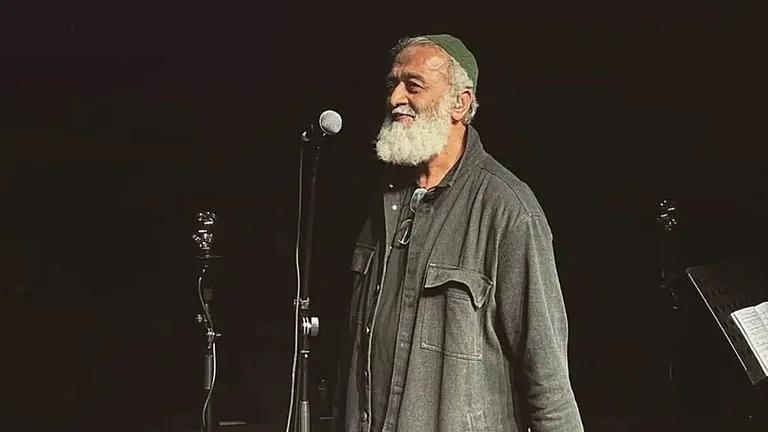WHEN Gurdial Singh set out to write, he did not expect the Jnanpith. He wrote because it was "a neurotic need". Wrote, because if he didn't, he'd have "exploded". But today, Singh finds himself caught in an ironic cusp. Renowned Hindi writer Nirmal Verma's co-awardee this year, this first generation literate, the son of an impoverished carpenter, finds himself both applauded and criticised for having presumed so far. Well-wishers there are many, but others in the Hindi and dominantly Punjabi-Jat mainstream feel that Singh's oeuvre does not, as yet, deserve such felicitation.
But Singh is unfazed. "There's a deep sense of personal satisfaction," says he. "And that Punjabi has been recognised is more satisfying. The last award for a Punjabi writer was 18 years ago."
No matter what people's reservations, Singh has a right to his crown. There is, of course, his personal story of courage and will. But equally, there is also the contribution his writing has made. Centered on the Malwa region of Punjab and written in its local dialect, Singh's fiction has placed the little known realities of the area squarely on the literary map. His writing-peopled by the poor and the oppressed-has an insistent and immediate quality, because Singh has lived through that deprivation.
Driven by a strange conjunction of ill health and nascent dreams, Singh rebelled as a youth, refusing to work as a carpenter. Inspired by teacher Madan Mohan Sharma, he educated himself and got a job, first as a schoolteacher; later as a lecturer in Faridkot. Singh's sensibility was shaped primarily by two things-the relentless taskmasters of poverty and tragedy and the influence of writers like Chekov, Gorky, Steinbeck, Hemingway and Tolstoy. Together, they have produced an unusual alchemy.
Singh's oeuvre is cathartic. It's the anguished process through which he works out his neuroses. Rana Nayar, a reader in Chandigarh, perhaps pays the best tribute. Since his first novel Marhi da Diwa (1964), which was acclaimed as a minor classic, and his most recent novel, Parsa, "Singh", says Nayar "has moved from narratives of oppression to narratives of emancipation."


























